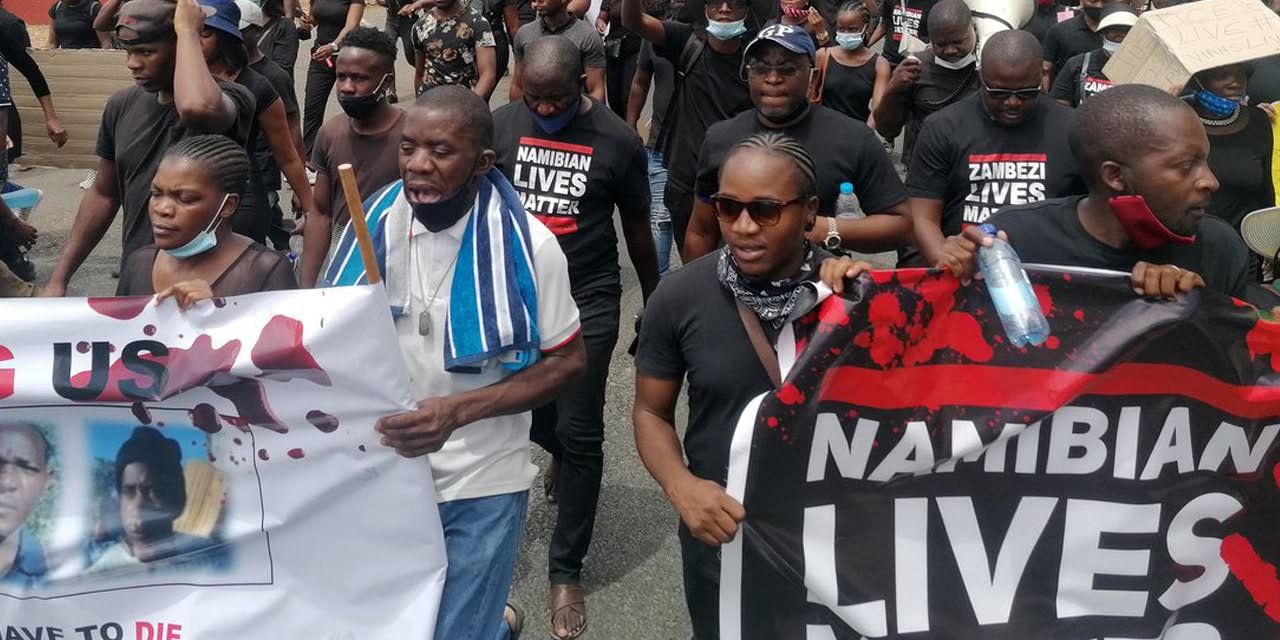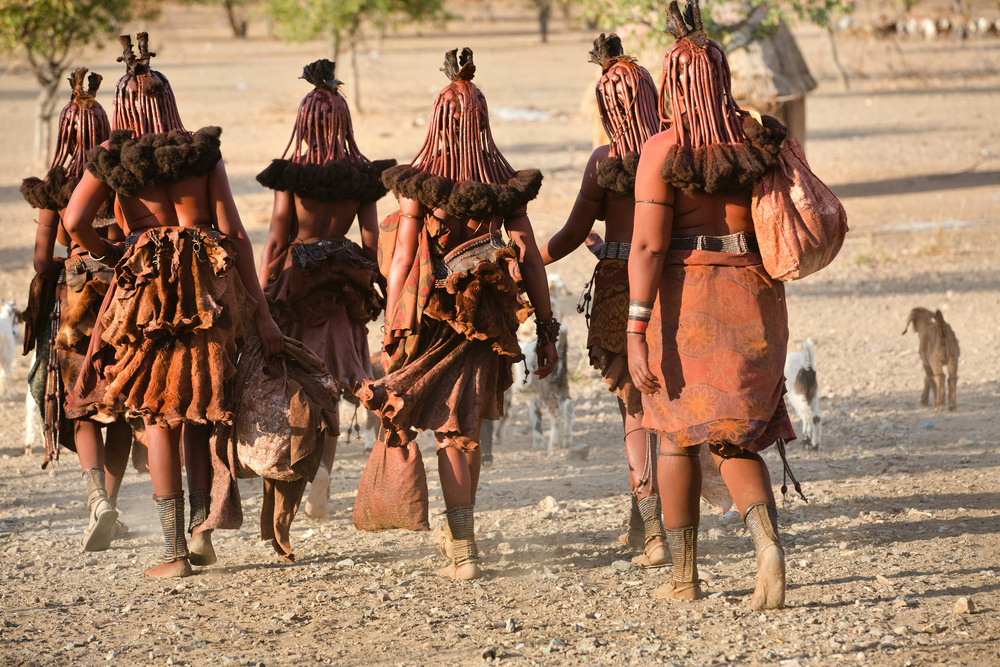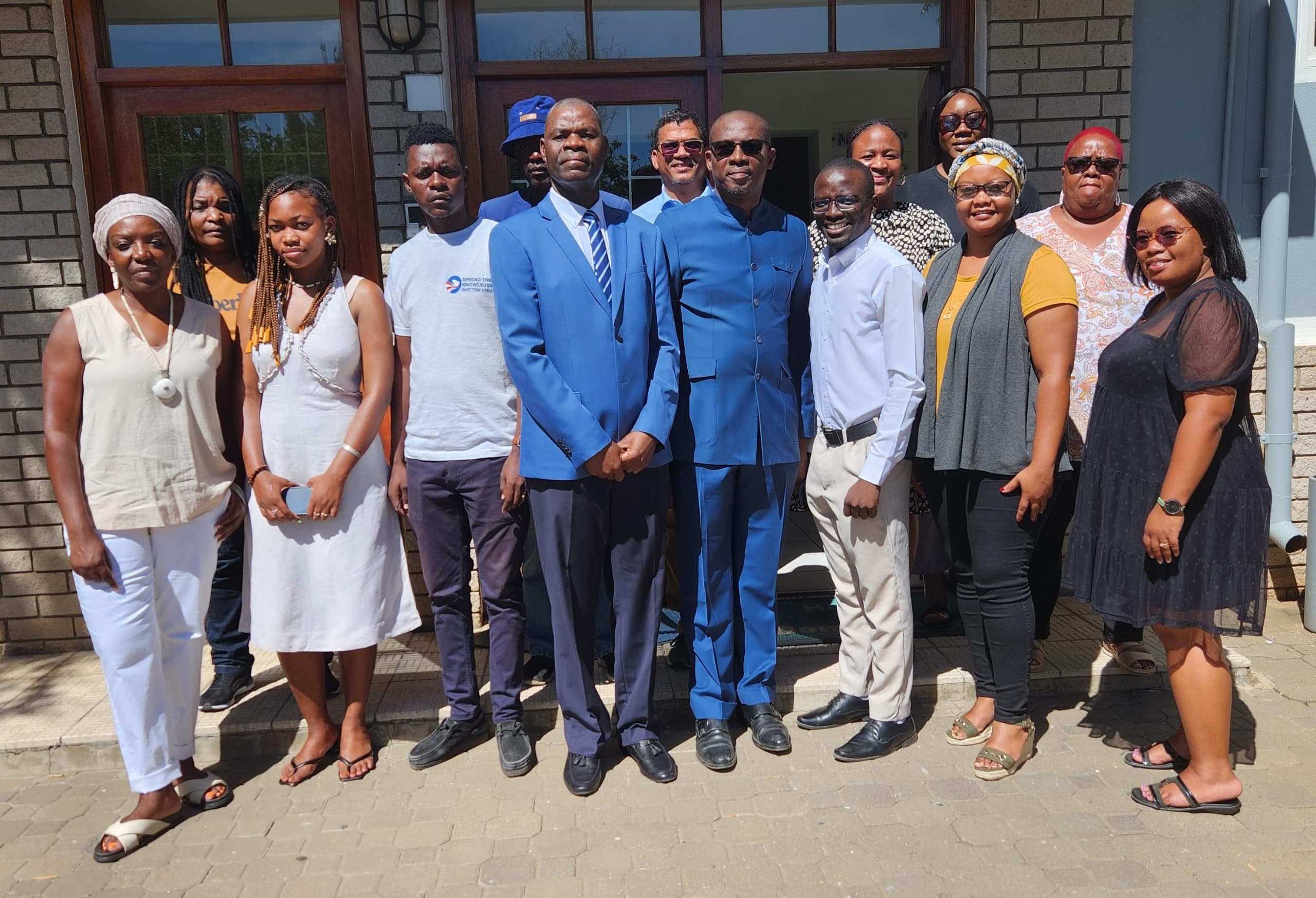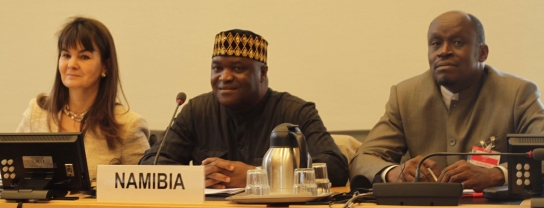Delays in the adoption of long overdue bills worry Human Rights Committee ahead of Namibia’s November 2024 elections.
Published on 08 Apr 2024, 04:21 PM
The Human Rights Committee reviewed Namibia on 6th and 7th March 2024.
 Credits: Windhoek Observer
Credits: Windhoek Observer
On 6th and 7th March 2024, the Human Rights Committee reviewed the third periodic report of Namibia on its implementation of the International Covenant on Civil and Political Rights. In its introductory remarks, the Committee expressed its sincere condolences for the recent death of Namibian President Hage Geingob on 4th February, saying the presence of the delegation at these times was “highly appreciated”.
In its opening statement, Namibia reaffirmed its commitment to enhance the independence of its Ombudsman Office, by ensuring that the long overdue “Ombudsman Bill” will be tabled in Parliament in 2024. While welcoming the content of the bill, the Committee expressed concern at the long delay of its adoption. Recalling its previous Concluding Observations, the Committee also asked the State party to increase resources allocated to the Ombudsman Office to ensure that it can adequately fulfill its broad mandate in compliance with the Paris Principles.
Attributing the delay in adopting several bills to the backlogs created by the suspension of parliamentary activities during the COVID pandemic, Namibia also assured that several others long overdue bills such as the “Cybercrime Bill”, the “Data Protection bill”, the “Public Gatherings and Demonstrations Bill” and the “Prohibition of Unfair Discrimination, Harassment and Hate Speech Bill' will also be tabled in Parliament in 2024.
High ranking for freedom of speech, but civic space could be shrinking ahead of November 2024 general elections
 World Press Freedom Index 2022 by Journalists Without Borders.
World Press Freedom Index 2022 by Journalists Without Borders.
Acknowledging it is aware of the generally favorable environment for the enjoyment of the right of the freedom of expression and opinion in Namibia – also proved by its first ranking among African states in the World Press Freedom Index 2022 - the Committee expressed concern at ongoing reports of censorship and self-censorship among those working for state media such as the Namibian Broadcasting Corporation (NBC) and the New Era Newspaper. The Committee also received reports showing that journalists who were covering protests have been subjected to intimidation and abuse by the police in various locations. The Committee says it is afraid this could be part of a wider trend that points to the reduction of the civic space ahead of the upcoming general elections due to be held in November 2024. In its reply, Namibia stated it is not aware of cases of censorship, highlighting once again national media are independent and will be objective in covering the upcoming elections.
The Committee expresses “serious concerns” about Sim Registration Database’s threats to privacy
The Committee expressed concerns about the way the existing Sim Card Registration Database is currently being used, saying it threatens the right to privacy of individuals. The Committee asked the delegation whether appropriate safeguards are in place to prevent hacking, data leaks and unauthorized access by private actors and State authorities and what legislative and judicial authorizations are required for the State to access this database. The Committee said it was “very concerned” about Namibia’s reply, which focused almost exclusively on the fact that similar sim card registration databases are implemented in many neighboring and European countries. “Ignoring the serious threat to the right to privacy by just saying that other countries implement such a system” is “very dangerous”, the Committee said.
A strong need to explicitly recognize indigenous communities and their rights
 Credits: Fatherland Gazette
Credits: Fatherland Gazette
The Committee highlighted the Namibian Constitution does not explicitly recognize the rights of indigenous people and mentioned the broader lack of specific domestic legislations, particularly in light of Namibia’s obligations under the UN Declaration on the Rights of Indigenous People. In its reply, the delegation explained how they consider that all Namibians are indigenous but that only some groups are considered marginalized.
Following up on its previous Concluding Observations, the Committee also asked what measures Namibia has taken to obtain free, prior, and informed consensus of indigenous people affected by development and exploration projects. Lastly, the Committee enquired about measures to increase the representation of all indigenous communities in the public life of the country. In its reply, the delegation failed to provide answers to several key questions such as, among others, the measures taken to obtain informed consent, the level of progress of the White Book on the Rights of Indigenous People, and possible solutions to the current lack of representation of indigenous communities in government structures.
Shortcomings in the justice system and long pretrial detention
The Committee expressed serious concerns about the excessively lengthy pretrial detention, mainly attributed to slow and incomplete police investigations and to a shortage of qualified magistrates and other court officials. According to figures received by the Committee, close to 54% of the prison population in Namibia are pretrial detainees and several of them have been in detention for years, thereby contributing heavily to overcrowding in various detention centers across the country. Highlighting existing endemic shortcomings in the justice system, the Committee asked Namibia to provide information on measures to provide more resources for investigations and overall case management. It also asked the State party to elaborate on further steps to develop alternatives to pretrial detention.
According to the delegation, the current delays in fair trials are due to multiple reasons, including the accused not being ready to enter a plea, the lack of available legal representation, and the fact that some courts lack the adequate human resources to deal with the existing caseload. Namibia said measures are currently being taken to improve case management, including the decentralization of legal aid across the country and a bigger budget allocation for legal aid in 2024. In its oral reply, the government delegation did not answer the question on possible alternatives to pre-trial detention.
Watch again the dialogue with the Committee here (part one) and here (part two).
Recommendations of the Human Rights Committee
Concluding Observations on Namibia's third periodic report were released on 28 March 2024. The State party is requested to provide, by 29 March 2027, information on the implementation of the following recommendations:
National human rights institution
The State Party should increase resources allocated to the Office of the Ombudsman to ensure that it can adequately fulfill its broad mandate in compliance with the principles relating to the status of national institutions for the promotion and protection of human rights (the Paris Principles). It should also expedite adoption of amendments to the Ombudsman Act (Act No. 7 of 1990) which ensure financial and operational autonomy for the Office of the Ombudsman, including by enabling it to recruit its own staff and manage its own budget.
Police custody and pretrial detention
The State party should:(a) Ensure that pretrial detention is used only as an exceptional measure and for as short a time as possible; (b) Increase the availability of and recourse to alternatives to pretrial detention in accordance with the United Nations Standard Minimum Rules for Noncustodial Measures (the Tokyo Rules), including when delays occur in complex investigations or trials;
(c) Review current bail conditions notably with a view to ensuring bail is affordable to those entitled to it; (d) Address systemic shortcomings in the justice system including through the streamlining of case management practices and the allocation of adequate human and financial resources, with a view to reducing delays and addressing the backlog of cases; (e) Establish systematic judicial monitoring of pretrial detention duration, provide effective access to judicial review of the legality of detention and remedies for those unlawfully held in custody beyond statutory limits.
Rights of Indigenous Peoples
The State party should consider recognising communities such as the San, Himba, Ovatue, Ovatjimba and Ovazemba as indigenous peoples with concomitant rights recognized in international standards such as the United Nations Declaration on the Rights of Indigenous Peoples and ensure meaningful consultation of indigenous CCPR/C/NAM/CO/3 11 groups prior to granting licences to extractive industries for the exploitation of resources on their lands, with a view to obtaining their free, prior and informed consent.
The next dialogue with the State party will take place in Geneva in 2032, while the next List of Issues prior to reporting (LOIPR) will be adopted by the Committee in 2030.
Update (Nov. 2024)
In the context of the 2024 Elections in Namibia, our partner, the Legal Assistance Centre Namibia (LAC) launched a campaign on social media aimining at promoting the Human Rights Committee's recommendations.
 Credits: Windhoek Observer
Credits: Windhoek Observer





